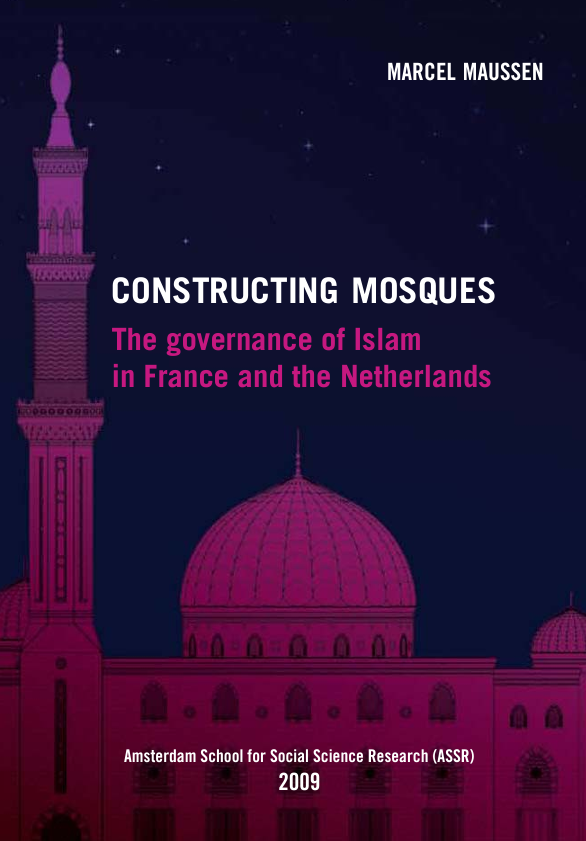
This thesis is about the governance of Islam and Muslim immigrant minorities in France and the Netherlands. Its focus is on public policy making processes with regard to the creation of mosques, with particular emphasis on developments in Marseilles and Rotterdam. Most existing studies have analysed the forming of Islamic institutions in Western Europe as an aspect of a wider process of the formation of ethnic institutions since the early 1980s. This study, by contrast, looks at the ways French and Dutch societies and governments were involved in the governance of Islam since the mid 19th century until the early years of the 21st century. The study explores in what ways ideas and representations of mosques are dialectically related to distinctive governing strategies. Ideas and images inform public policies, but they also emanate from already existing policy paradigms and institutional repertoires. Of particular relevance are church-state regimes and different regimes of incorporation of ethnic immigrant minorities. I distinguish between three regimes of incorporation: a colonial regime, a guest workers regime and a citizenship regime. Public policy making with regard to mosque creation is thereby understood as a complex social and political process that unfolds over time, and in which institutional repertoires and policy discourses get produced, reproduced and contested.
Maussen, M. J. M., ‘Constructing mosques: The governance of Islam in France and the Netherlands’ (Unpublished doctoral thesis: Universiteit van Amsterdam, 2009).
I agree to the terms outlined below:
You agree to upload and assign Mosqpedia Database the rights to use the content worldwide and in perpetuity across all current and future media platforms. Mosqpedia Database may edit, copy, adapt and translate your contribution.
The content will be distributed under the Creative Commons Attribution-Deed – Attribution-NonCommercial-NoDerivatives 4.0 International – Creative Commons
All data will be stored in line with data protection regulations.